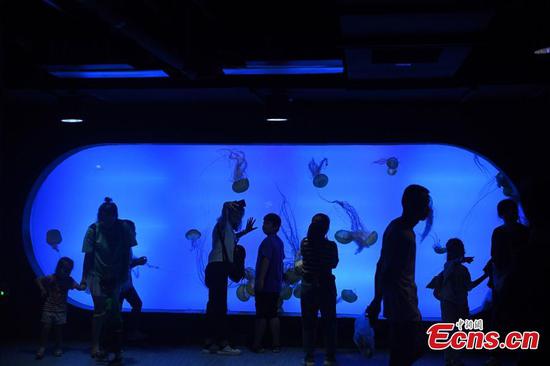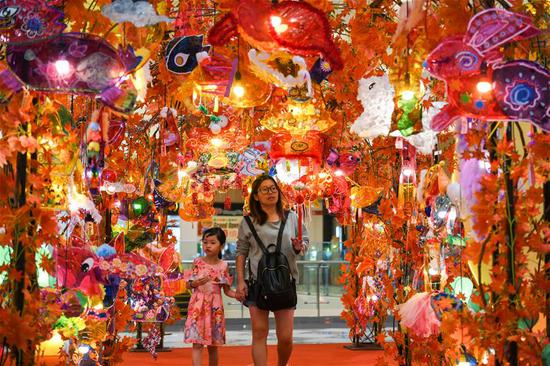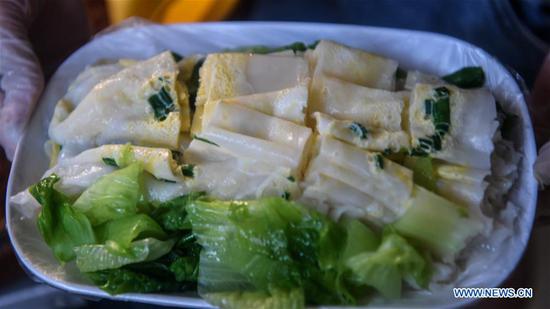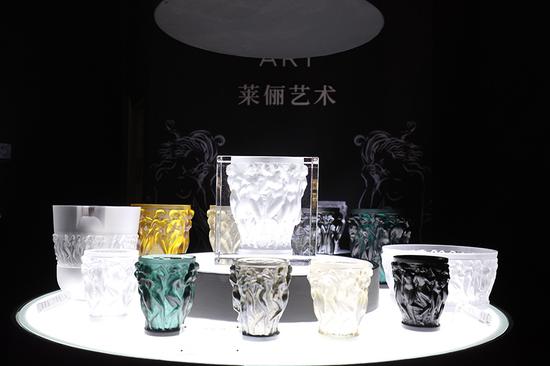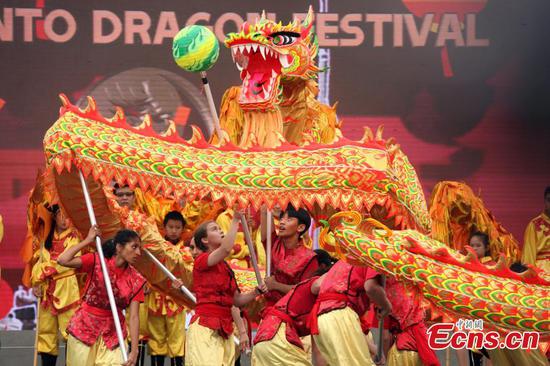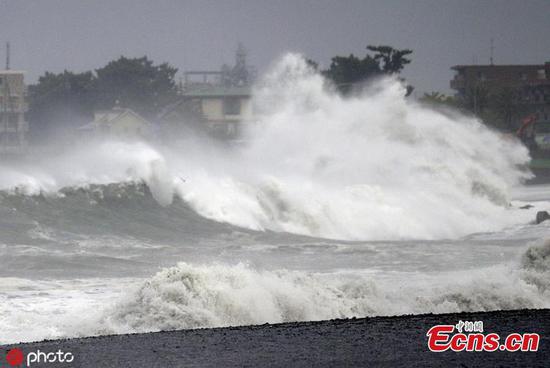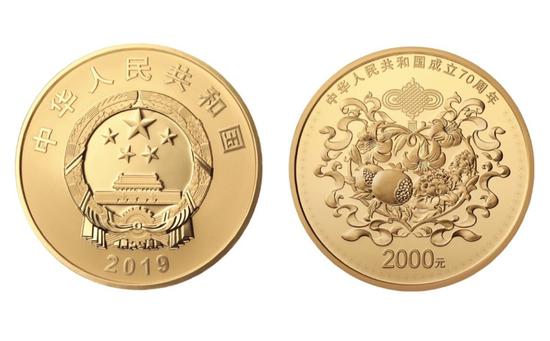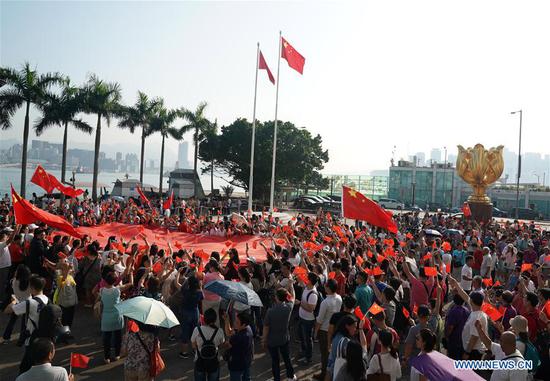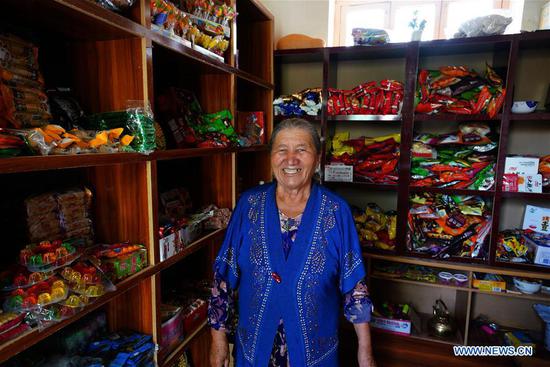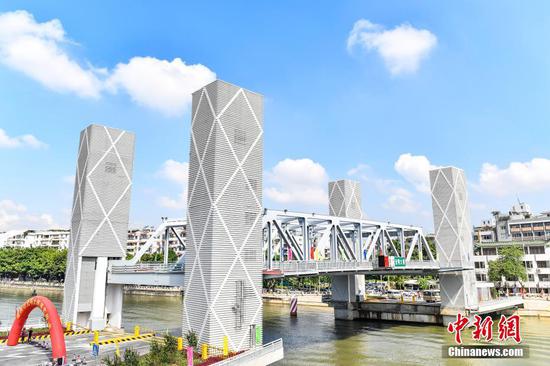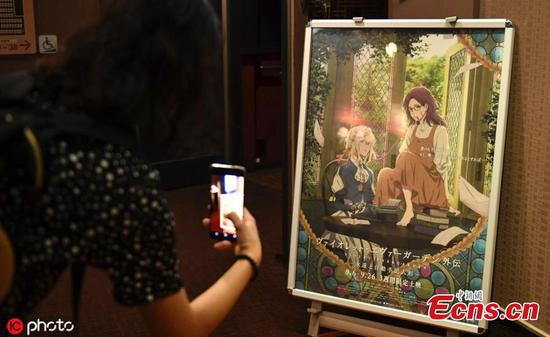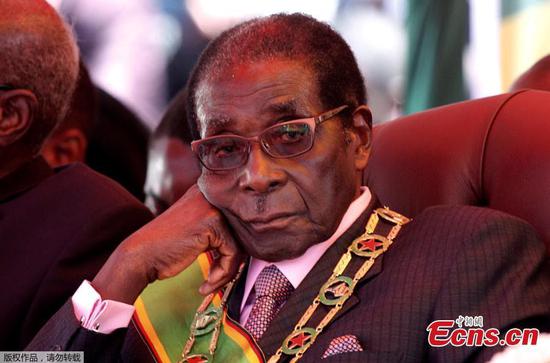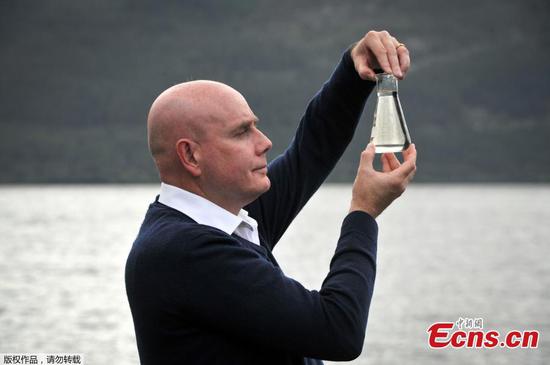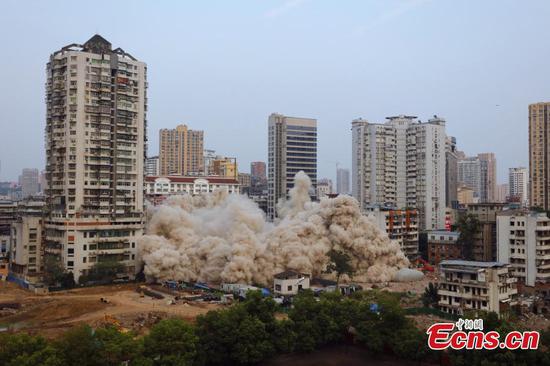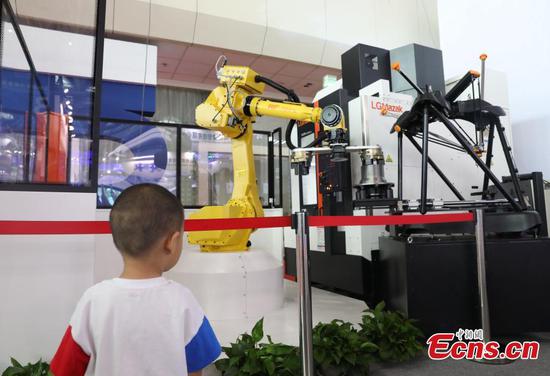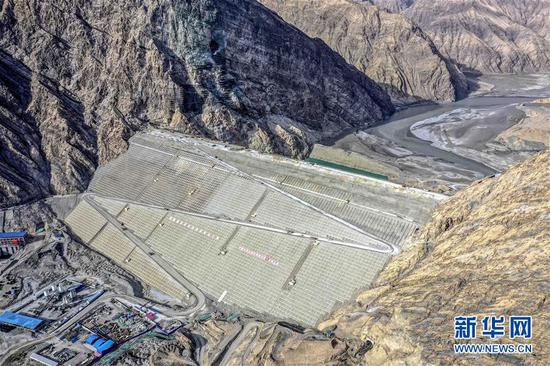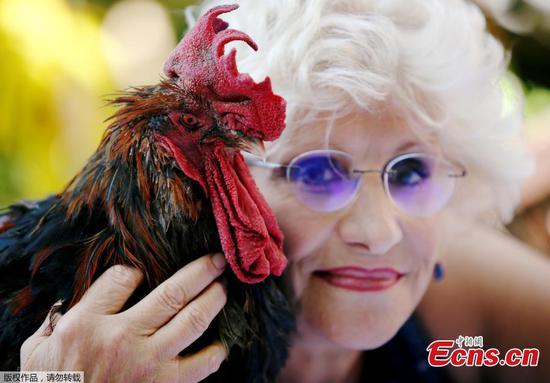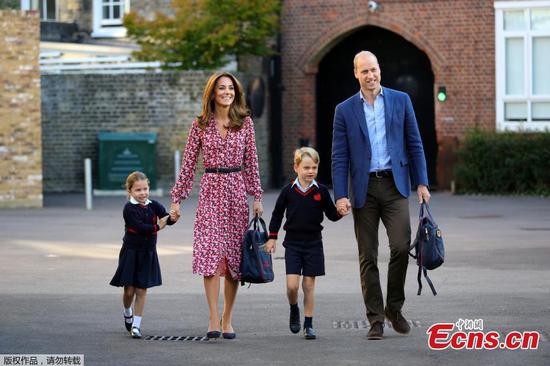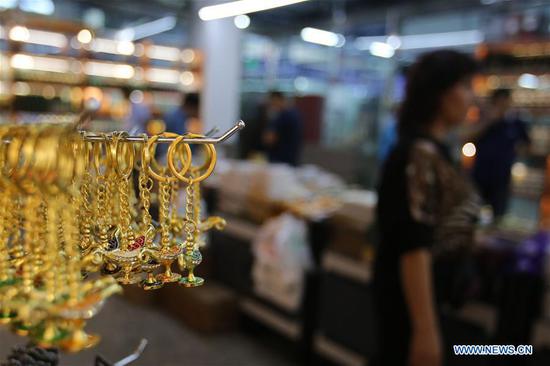Report claims numerous abuses at Foxconn plant
Apple and its manufacturing partner Foxconn admitted on Monday that they employed too many temporary workers in Foxconn's facility in Zhengzhou, capital of Central China's Henan Province, thus violating related Chinese labor regulations, after a report released on Sunday highlighted a slew of labor rights violations at the factory.
Chinese observers have called for local regulators to investigate the matter and punish Foxconn accordingly, and to hold Apple responsible for poor oversight of production amid a trade war that has seen Chinese tech firm Huawei become a target of the U.S. government's tech crackdown. The U.S. firm could also be put onto China's soon-to-be-released entity list for discriminative behavior, they noted.
If Apple and Foxconn do not handle the case properly, the U.S. firm could draw strong dissatisfaction from Chinese consumers ahead of the scheduled launch of the new iPhone 11 series, industry insiders said.
Foxconn's Zhengzhou facility, the world's largest iPhone factory, has hired an excessive number of temporary workers, New York-based nonprofit labor watchdog China Labor Watch (CLW) said in a report released on Sunday. Temporary workers made up 50 percent or more of Foxconn's workforce in the Zhengzhou facility in August, as the cost of employing temporary workers is lower than for regular employees, CLW claimed. This violates the maximum of 10 percent stipulated by Chinese labor regulations.
The CLW report also accused Apple of "profiting from the exploitation of Chinese workers and transferring costs from the trade war to workers." Other problems the report listed included overtime work hours for employees, forced labor and failure to pay promised bonuses to temporary workers.
Both Apple and Foxconn admitted the excessive use of temporary workers in statements sent to the Global Times on Monday. They denied most of the other allegations.
"We did find evidence that the use of temporary workers and the number of hours of overtime work carried out by employees [in the Zhengzhou facility], which we have confirmed was always voluntary, was not consistent with company guidelines," Foxconn said. But the company denied the accusation of forced work in the CLW report, while adding that the affected workers were all paid for overtime and got their related bonus payments.
Apple said in a statement sent to the Global Times that it did find the percentage of temporary workers exceeded the company's standards and that it is working closely with Foxconn to resolve this issue. But the U.S. tech firm claimed that most of the other allegations by the CLW report are false.
Investigation urged
"Apple is very smart. From a legal perspective, the U.S. firm is subject to limited legal liability in China because it did not publicly commission and instigate Foxconn to hire in such a way that violates labor terms," Liu Dingding, a Beijing-based industry analyst, told the Global Times on Monday, indicating that Apple may have privately pressured its contractor to contain labor costs.
Zhi Zhenfeng, a legal expert at the Chinese Academy of Social Sciences in Beijing, suggested that Henan regulators should immediately draw upon clues from the report, investigate and affix the responsibility of related parties for law-breaking behavior and order them to make amends.
The Department of Human Resources and Social Security in Henan, which oversees local labor issues, did not respond to the Global Times' email request for an interview as of press time.
Based on Chinese laws, Zhi said that Foxconn may be fined and could face administrative penalties for hiring too many temporary workers.
"Apple is not immune. Chinese authorities could also hold the firm accountable for not providing effective supervision depending on the seriousness of the matter, as it is Apple's responsibility to ensure its suppliers live up to its international standards of labor protection," Zhi told the Global Times on Monday.
Apple releases a supplier responsibility report every year to examine workers' conditions in supplier factories.
A Beijing-based business commentator surnamed Li told the Global Times that amid the prolonged trade war, Apple could be put into China's entity list for violating Chinese labor law and triggering dissatisfaction among Chinese consumers.
"The U.S. is targeting Huawei, so China could also have eyes on Apple. This is fair," Li said.
Following the scandal, industry insiders said that Apple may struggle to gain public trust in the Chinese market. Apple's biggest event of the year will take place on Tuesday, where it is expected to unveil new iPhones.
China is one of the first global markets where the new model will go on sale on September 20, media reports said.
A Beijing-based electronics fan surnamed Chen told the Global Times that he is disappointed at Apple's "double standard" approach with regards to suppliers in China and abroad.
"My interest in Apple, given the deepening China-U.S. trade war, is dwindling. I will not buy the new iPhone," Chen said.
Zhi noted that moral condemnation from Chinese consumers could "hit the company harder" than legal procedures.









